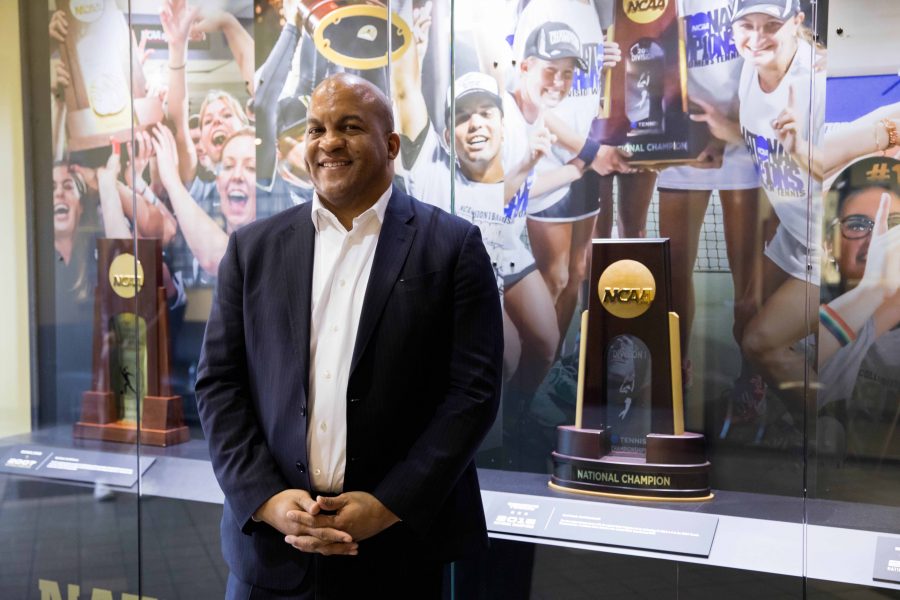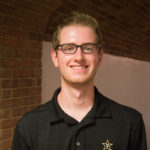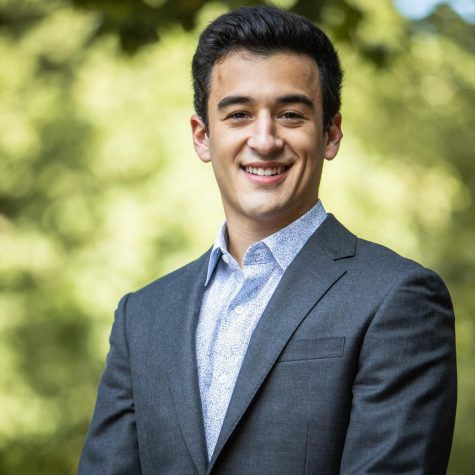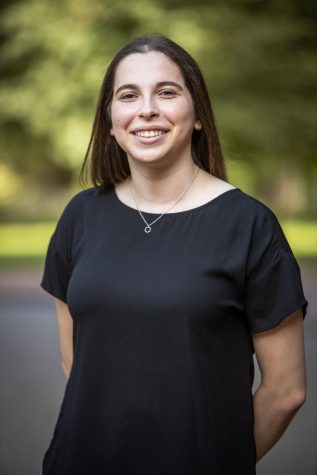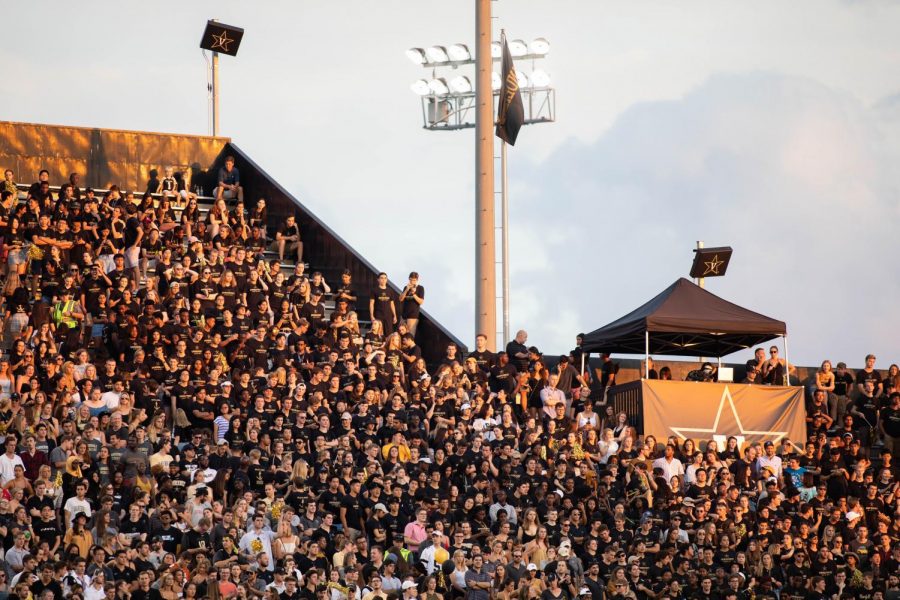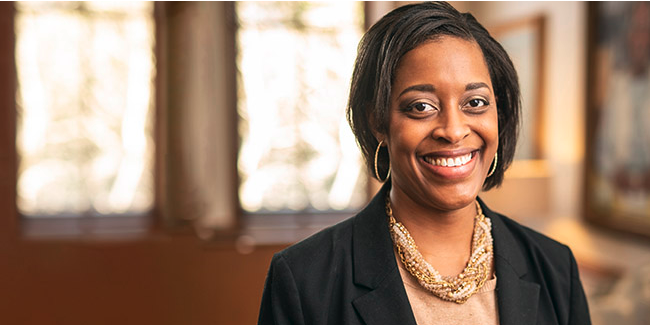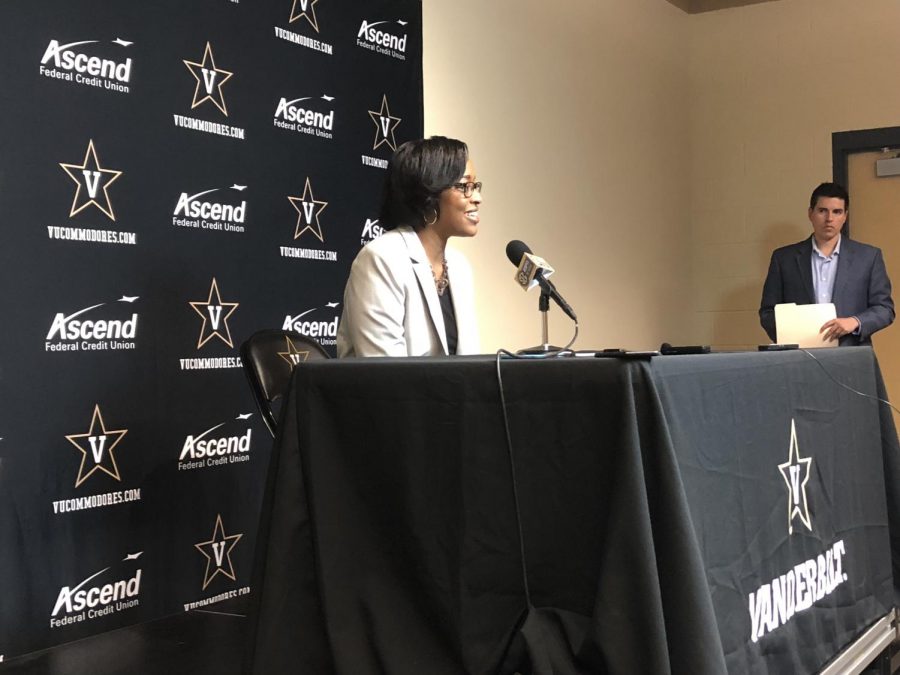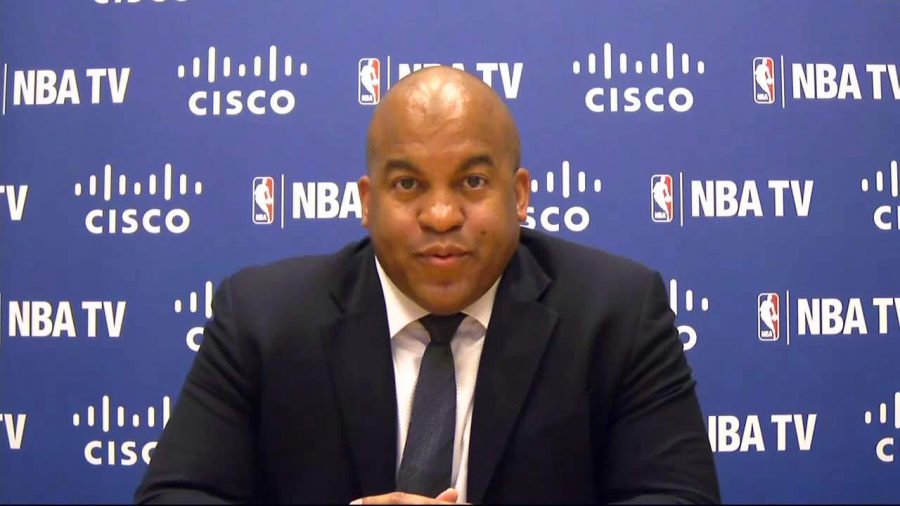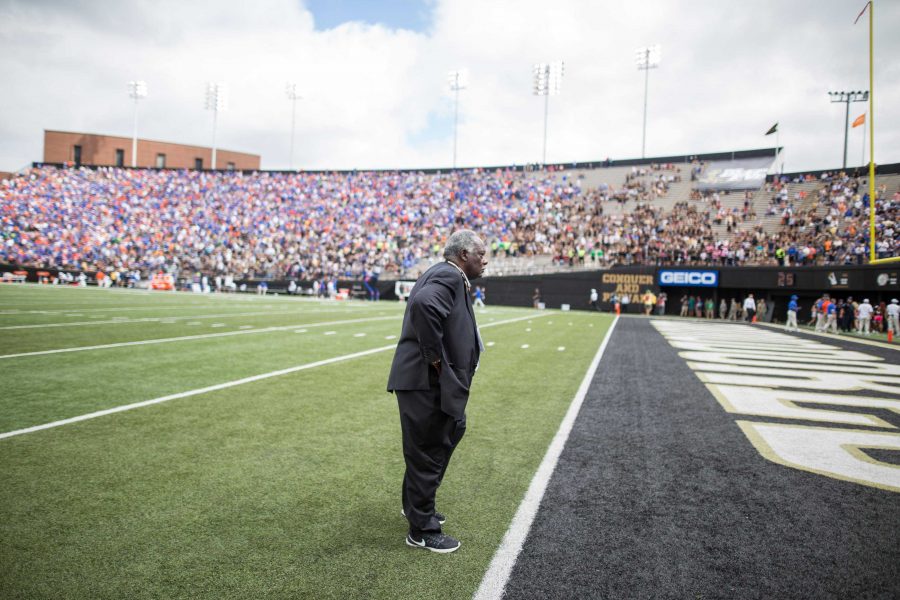By Cutler Klein, Betsy Goodfriend and Simon Gibbs:
When the sun came up on Friday, Feb. 1, a new era of Vanderbilt Athletics dawned.
Malcolm Turner, the former president of the NBA G League, is now Vanderbilt’s athletic director. He spent his first day touring around Vanderbilt’s facilities and meeting his new colleagues, coaches and student-athletes. For the first time in 17 years, a fresh face walked the halls of McGugin Center as AD.
As he prepares to settle into his new role in the coming months, Turner will begin the process of bringing Vanderbilt Athletics into the future while reaffirming “The Vanderbilt Way” of developing student-athletes on and off the field.
There’s a lot on Turner’s plate as his tenure begins, and he’s ready to dig in.
Let’s Get it Started
With so many issues to tackle regarding Vanderbilt Athletics, it’s hard to know where to start. For Turner, it comes down to understanding the department he now leads and the university he now calls home.
That requires a lot of conversations and a lot of listening.
“I want to make sure that I spend time with a broad set of constituencies, from student-athletes to coaches to our fans to our administration, staff, faculty on down the line in terms of the role of Athletics, the achievements to date for Vanderbilt Athletics, and also what we can achieve going forward,” Turner said in an exclusive interview with The Vanderbilt Hustler.
“We’re looking forward to being an active part of the Vanderbilt family and really going to spend a lot of time listening and learning and asking lots of questions and to help chart our path and create a plan of action for us going forward.”
In the month and a half between when Turner was announced as the new AD and his official start date on Feb. 1, he had the chance to meet many members of the Vanderbilt community at the Texas Bowl in Houston. On his first day, he introduced himself to the coaches and student-athletes that he will now be overseeing.
Now that he has finally completed his move from New York to Nashville, he’s ready to hear more from the community he’s starting to get to know.
“I think the thing that I’ve been struck by the most is that there’s a lot of love and pride for Vanderbilt University,” Turner said. “And that comes through for sure. There’s also excitement at the prospect of what this next chapter of Vanderbilt Athletics, what that holds for all of us. I’m looking forward to a collaborative listening tour to really understand different perspectives on the challenges and opportunities that we’ve faced given the Vanderbilt way and the model and approach for student-athlete development that we have here and what that could mean for crafting a plan for us moving forward.”
That plan will take the form of an “Athletic Strategic Plan,” which will be a big part of a campus-wide capital campaign to help shape the future of the university and the athletic department, per Turner’s introductory post on VUCommodores.com. His tour of listening and learning will undoubtedly play a big role in what is included in that plan.
Vanderbilt: Challenge or Opportunity?

Vanderbilt University is rarely, if ever, in the national spotlight for its athletic teams.
It’s no secret that the elite university is known for its rigorous academic curriculum, rather than for its historically subpar athletics programs. That academic rigor can often present a challenge in recruiting elite athletes and remaining competitive against the athletic blue bloods of the SEC.
The uniqueness of the university, however, is hardly a challenge to Turner. When asked about the academic rigor at Vanderbilt, Turner framed it as one of the many advantages of working at such a top-tier institution.
“I think [the academics] are an advantage,” said Turner. “That balance where, yes, you will have the opportunity to compete at the highest level but also you have the chance to earn an education that is second to none. That in it of itself is a very compelling proposition.”
Turner spoke about how he believes the unrivaled education available for student-athletes at Vanderbilt should pay dividends in the recruiting process. In fact, it played a role in his own recruitment to West End.
“Let’s talk about it in terms of my recruitment in the first place. That balance was the number one in terms of the attractiveness of this opportunity for me,” Turner said. “I think it can pose its own unique challenges for sure, but I didn’t take this job because it’s easy. I take great pride in the ‘Vanderbilt Way,’ and I think it’s a real competitive advantage for us and a real calling card for me.”
Turner, a graduate of the University of North Carolina and later, Harvard University, takes great pride in academics.
If the education at Vanderbilt served as a determining factor in his decision to move to Nashville, perhaps it will help recruit a new brand of Vanderbilt student athletes as well.
G League Experience, Big League Dreams
Turner, who has no previous collegiate athletic administration experience, is prepared to bring the best aspects of a pro sports model to Vanderbilt. In his most recent role as the president of the NBA G League, he grew the league from 14 to 27 teams while also forming a partnership with Gatorade.
He was not shy about the hard work it took to take the G League to its current level.
“I think for the G League, initially there were some key structural and resource-related needs that I felt needed to be addressed when I first started. Once we were able to do that work, it was important that each of our G League teams develop a one-to-one relationship with an NBA team.”
“That really started to set us on a different growth trajectory that enabled our Gatorade relationship to transition into the NBA G League,” Turner said.
With more attention being put on amateurism in basketball, among other sports, Turner is excited to tackle these issues from the other side of the table. At the G League, he was instrumental in introducing select contracts to high school players who wish to skip playing college basketball. Starting in 2019-2020, elite high school prospects will be able to earn $125,000 in one season as they develop and play on a G League team. After the season, the player is eligible for the NBA draft.
“I think in the collegiate space, the issue of amateurism versus professionalism really speaks for itself,” Turner said. “There’s no doubt about it that I’m now jumping to a different side of that issue, if you will, but I think the college sports space is a very fluid, dynamic environment. Candidly, that’s another reason that attracted me to this opportunity because I think there are so many issues in play. I think Vanderbilt University is a place that can perhaps play a leadership role in terms of how we tackle these issues that are unfolding as we speak with no clear-cut answers.”
As he transforms Vanderbilt into a leader for change in college athletics, he also wants to continue to grow the Vanderbilt brand using the skills he developed building the G League’s brand.
“It’s my sense and feeling that there’s tremendous upside opportunity here with all that’s going on with Vanderbilt, the leadership institution that it is against the backdrop of the growth market and all the things that are happening here in the city of Nashville, I think there’s just a wonderful story that can unfold here building on the successes that David Williams and his team have already had,” Turner said.
He successfully changed the perception of the G League from a league of leftovers to a legitimate development league that claims over half of NBA players as former players. Now, his next mission is to transform Vanderbilt into a force to be reckoned with not just in the state of Tennessee but across the country.
The “F” Words: Facilities and Fundraising
Turner has said time and time again, he hopes to foster an environment where he can “listen and learn.” Many of the voices he’s listening to, presumably, are Vanderbilt fans that won’t stop until facilities like the football stadium are renovated.
Fundraising is no easy task, especially at Vanderbilt. Earlier this year, reports from The Tennessean revealed efforts to undercut athletics fundraising by the administration with the hopes of spending it on other campus buildings.
If Turner were to listen to those calls and one day renovate the football stadium, he would need to do a whole lot of fundraising. Fortunately, fundraising is something he’s well-versed in, as he catalyzed the strategic partnership between Gatorade and what’s now called the NBA’s G League.
“I’ve never had any issues in my career creating revenue,” said Turner. “I think that was one of our successes with the G League.”
By now, Malcolm Turner knows the ins and outs of fundraising, and boiled it down into three key components.
“I think the building blocks to effective fundraising are creating a compelling vision for the future, developing relationships and asking for the sale,” he said.
Turner prides himself on his ability to fundraise. He’s had to do it at his previous jobs, and inevitably, he will have to do it again at Vanderbilt. He knows that it’s never been any trouble for him to create revenue and increase fundraising efforts, which should leave Vanderbilt fans with a sense of optimism.
Furthermore, at the time of the interview, Turner had hardly even toured all the facilities.
That didn’t stop him from having his eyes on the prize.
He acknowledged the uproar of conversations regarding the football stadium in the news, and mentioned that there is plenty of history within Vanderbilt Stadium. However, there must be forward momentum.
“It’s very clearly early on my agenda to take a look at [the stadium] and make sure I understand the issue as we try to chart a path forward,” he said.
Basketball (And Other Things)

Non-revenue sports such as tennis, golf, soccer and bowling are currently some of Vanderbilt’s most successful programs. Turner emphasized the need to provide both basketball teams, as well as the football team, with the money and support they need to win in the SEC.
“I’m looking forward to spending time with both Bryce [Drew] and Stephanie [White] on the status of those programs and the need and resources to not just facilitate but accelerate the performance of those programs for sure. I think our success there is critical, and frankly everywhere.”
The once-mighty basketball teams have combined for one SEC win this season, and both have failed to meet expectations for many years. Investing in everything from facility improvements, coaching salaries and athlete support resources will be on the table to bring Memorial Magic back.
Even though his last job was in basketball, Turner has experience with multiple sports throughout his career. He was the managing director of Wasserman Media Group’s golf division and a senior vice president at OnSport, a sports and entertainment consulting firm based in North Carolina. Turner understands both the importance of elevating both basketball programs and maintaining the success of Vanderbilt’s other sports.
“I want to give all programs the resources that they need to succeed,” Turner said. “Yes, I will spend a lot of time with Bryce and Stephanie on basketball, but not at the expense of our other programs. I want all of our programs to be successful.”
New Teams on the Horizon?

In David Williams’ final interview as athletic director, he said that he regretted not expanding Vanderbilt to 20 athletic teams, citing women’s softball, women’s volleyball and men’s track as sports that he would have liked to have added. He even said ice hockey is a sport that should get some attention in the future.
Turner is all ears when it comes to executing Williams’ ideas.
“I’d certainly like to look at it,” Turner said. “I know there’s been some work to date in some of those areas, whether it be volleyball or softball or men’s track, which is one of those sports that can also be helpful for football. I think that’s part of an eventual plan for growth in terms of not only the resources that we need today to kind of push us forward, but how can we and where we should grow as a program overall. That’s certainly on my list of things to take a look at.”
As far as hockey is concerned, Turner is also intrigued by the concept, given how Nashville has become “Smashville” with the Predators’ success in the NHL. However, there is a lot more legwork to do with hockey, with the first issue being finding a suitable rink to play in.
Regardless, Turner is on board with looking into what it would take to bring Division I college hockey to Vanderbilt.
“I think certainly that requires further study because ultimately there are facility-related issues and the underlying business in terms of how we fund it best, etc,” Turner said. “Absolutely, I think what the Predators have done in this market is wonderful and really speaks for itself. It could speak to an opportunity for sure that we need to dig into.”
Anchor Drink
Last week, Vanderbilt Baseball announced plans to sell beer and spiked seltzer in an outfield lounge at Hawkins Field starting in SEC play. That represents Vanderbilt Athletics’ first foray into selling alcohol at one of its on-campus venues. Current SEC rules prohibit alcohol sales in the stadium proper, but carve out an exception for premium areas, like the one Vanderbilt will implement in Hawkins Field.
Turner wants to learn more about the intricacies of the SEC’s policy on alcohol and what the future might hold for the issue at Vanderbilt. He’ll be watching closely to see how this experiment at Hawkins Field goes.
“I think I’m just getting up to speed on some of the SEC policies and rules in that area, but overall I think it’s an interesting pilot test with baseball from a game presentation standpoint,” he said. “We’ll see how that goes for this year and that’s something that I certainly want to monitor.”
He also said that the alcohol policy will be one of many topics Turner will bring up when he visits SEC commissioner Greg Sankey at the conference’s headquarters in Birmingham, Alabama this week.
Bridging the Student-Athletic Gap

A few weeks ago, the Vanderbilt men’s basketball hosted the Tennessee Volunteers, who were ranked first in the nation. That, in addition to the immense rivalry, may have brought out the largest student attendance at any game this year. However, Vanderbilt was still likely outnumbered by Volunteer fans in Memorial.
It’s not just basketball. In fact, some of the best teams at Vanderbilt, such as the top-25 women’s soccer team, struggled immensely with student attendance through parts of the season.
Turner has a vision for these teams; he hopes each and every team can accelerate in their own unique way, but when it comes to student engagement, he’s willing to hear feedback from those who’d understand it best.
“You all have been here, you’ve lived it and you know the temperature of the campus,” Turner said. “You know about the level of engagement or lack thereof, that’s exactly what I want to understand. I think there’s an opportunity there, but I’m not sure why we are where we are in that respect. I’m sure I’ll have opportunities to observe, but I’m going to need your perspective and lean on your perspective in terms of how we can improve there.”
It’s hard to fully wrap one’s head around the attendance problem, and furthermore, to solve it, without having experienced it.
That’s why Vanderbilt’s brand new athletic director wants to hear from the very students attending these games. From attendance, to fundraising, and to facilities, he wants to find out how to help each program reach its highest potential.
And he wants to make sure the relationship between the student body at-large at Vanderbilt Athletics gets stronger and stronger.
“Vanderbilt Athletics is part of Vanderbilt University,” Turner said. “To me, they are connected. I think that is important and if there are shortcomings in student support and engagement, I want to understand that and if there might be opportunities to strengthen that sense of connection.”

